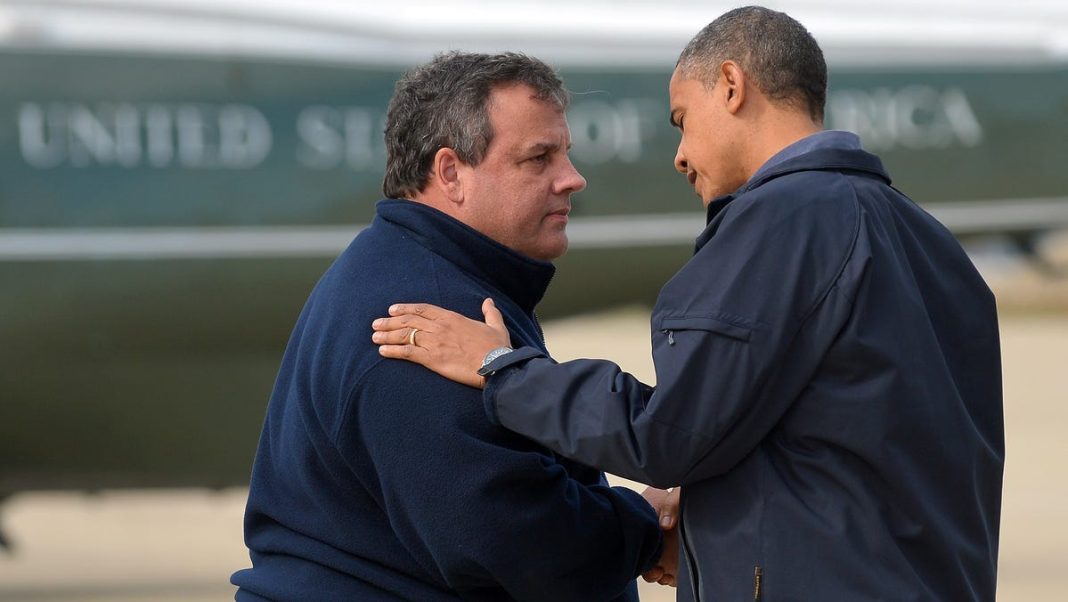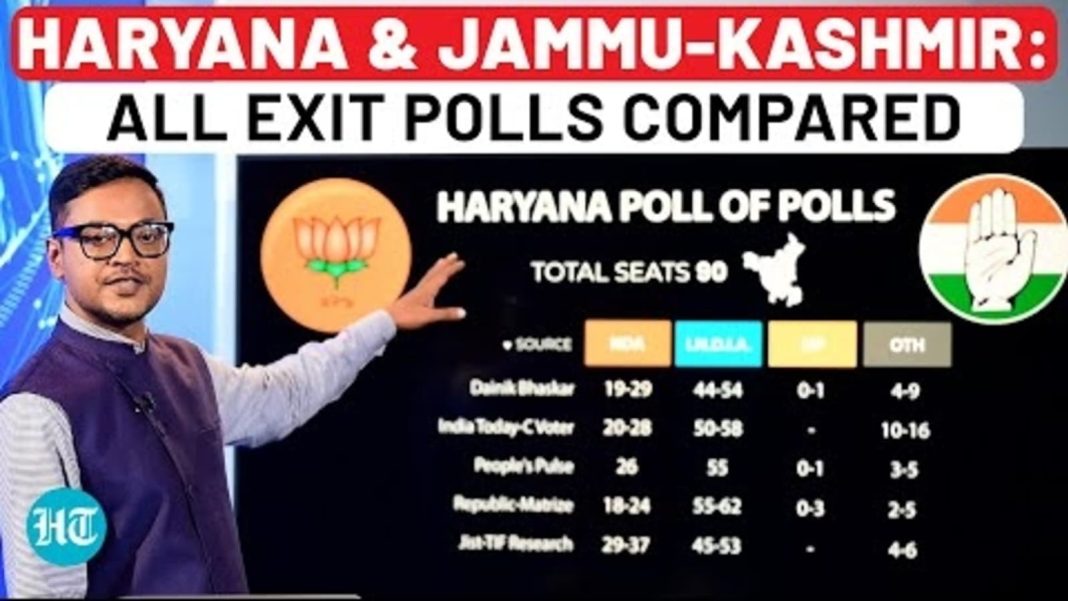President Joe Biden Takes Stock of Hurricane Helene’s Damage in Florida Amid Election Year Political Strife
FLORIDA – President Joe Biden arrived in Florida on Thursday to assess the extensive wreckage left in the wake of Hurricane Helene, a timely visit that coincides with the upcoming 2024 presidential election and a surge of political maneuvering in response to natural disasters.
Biden’s trip coincides with Vice President Kamala Harris’s efforts to frame the federal government’s response to this hurricane as a model of efficiency similar to the post-Hurricane Sandy recovery back in 2012. As Democrats recall the effective coordination during Sandy, they face scrutiny from their political opponents, including former President Donald Trump, who is eager to sow doubt regarding the current administration’s hurricane response.
During a rally in Saginaw, Michigan on Thursday night, Trump criticized the Biden administration’s handling of the disaster response, claiming, “There’s nobody that’s handled a hurricane or storm worse than what they’re doing right now.” His remarks came amidst controversy over claims that federal disaster aid had been improperly allocated.
Biden, focusing on unity, urged residents to set aside their political differences and rally together to support those affected by the hurricane. “When you do that, I hope we begin to break down this rabid partisanship that exists," he said during a visit to Ray City, Georgia, emphasizing compassion over conflict. His administration aims to send a message of solidarity during the chaotic recovery process, especially since critical swing states like Georgia and North Carolina are still reeling from the storm’s aftermath.
Harris echoed this sentiment during her own visit to Augusta, Georgia, articulating, “We are here for the long haul. The coordination that we have dedicated ourselves to will be long-lasting to get families, to get residents, to get neighborhoods back up and running.” Her remarks, while strong, also notably side-stepped direct mentions of Trump, a strategic choice in an attempt to maintain focus on recovery efforts rather than engage in a political brawl.
Disaster politics have historically influenced the trajectory of presidential campaigns, offering insight into how the public perceives government efficacy and leadership during crises. From the Great Mississippi River Flood of 1927 to the aftermath of Hurricane Katrina, presidential responses—or perceived failures—have often shaped electoral outcomes.
For instance, former President George H.W. Bush faced severe backlash in 1992 due to the inadequate response following Hurricane Andrew, a disaster that haunted his re-election campaign. Fast forward to the lessons learned post-Katrina in 2005, where George W. Bush’s administration had to navigate significant public relations fallout due to its slow response.
In contrast, President Barack Obama demonstrated a successful model in 2012, when cooperation with Republican New Jersey Governor Chris Christie during Hurricane Sandy showcased bipartisan efforts that resonated positively with voters. The actions taken during such crises often shape political fates; as political scientist Lara Brown noted, “When disasters occur, Americans look to presidents to see how closely their promises of compassion, protection, and assistance match their deeds.”
As Biden and Harris work tirelessly to mitigate the impact of Hurricane Helene while navigating turbulent political waters, Trump has positioned himself as a critical observer, attempting to redefine the narrative surrounding disaster response. Allegations about his past hesitance to send aid to predominantly Democrat-leaning areas surfaced, with Biden retweeting reports that suggested Trump’s administration favored regions politically aligned with him.
Former Trump adviser Olivia Troye recently expressed her frustration regarding Trump’s recent comments, affirming that disaster relief should not be viewed through a political lens. In an era where disasters continually collide with electoral politics, the stakes are high for both parties, and the path forward remains uncertain.
The question of effective leadership in times of crisis continues to loom large as Biden charts a course through the hurricane-ravaged landscapes of Florida and beyond. The unfolding narrative reminds us that while mother nature may bring her fury, political storms can be just as tumultuous—and often, just as damaging.


